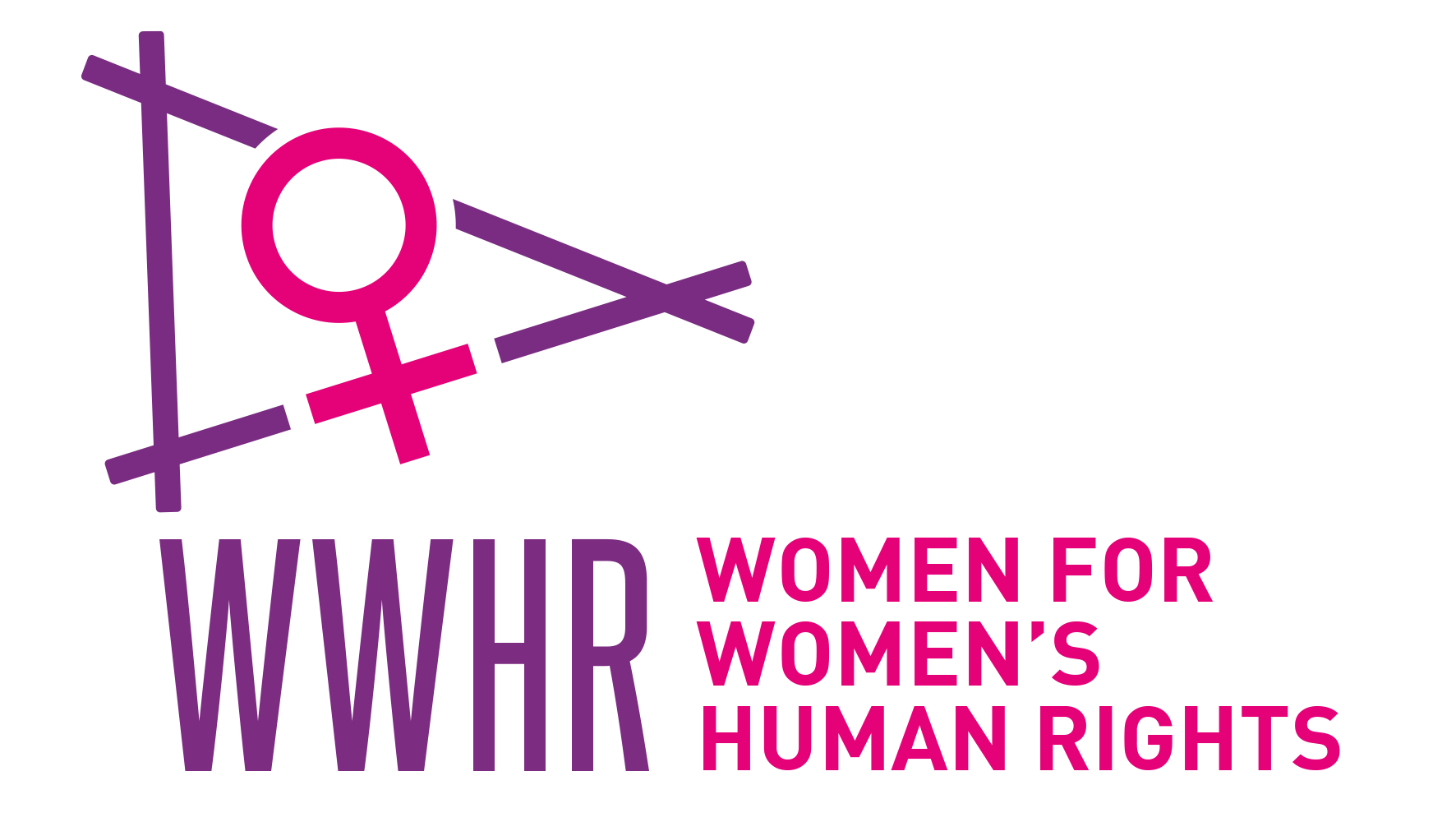Women, Sexuality and Social Change in the Middle East and the Maghreb (2002, English) What are the factors that determine…
Read More
Women and Internal Migration in Turkey in the 1990s (1999, Turkish) Internal migration has rarely been discussed from a gender…
Read More
Sexual Pleasure as a Woman’s Human Right: Experiences from a Grassroots Training Program in Turkey (1999, English) İpek İlkkaracan, Gülşah…
Read More
Exploring the Context of Women’s Sexuality in Eastern Turkey (1998, English) The impact on women’s sexuality of the imbalance of…
Read More
Migration, Women’s Economic Status, Mobility and Power Dynamics in the Family (1998, Turkish) One of the subjects taken up in…
Read More
Urban Women and Labor Force Participation (1998, Turkish) The overall trend of the femininization of labor power – particularly in low-paying…
Read More
From Subjects to Citizens: Where Do Women Feature? (1998, Turkish) This article attempts to analyze where women in Turkey –…
Read More
Women and the Family in Eastern Turkey (1998, Turkish) The Civil Code putting an end to the parallel legal systems in…
Read More


